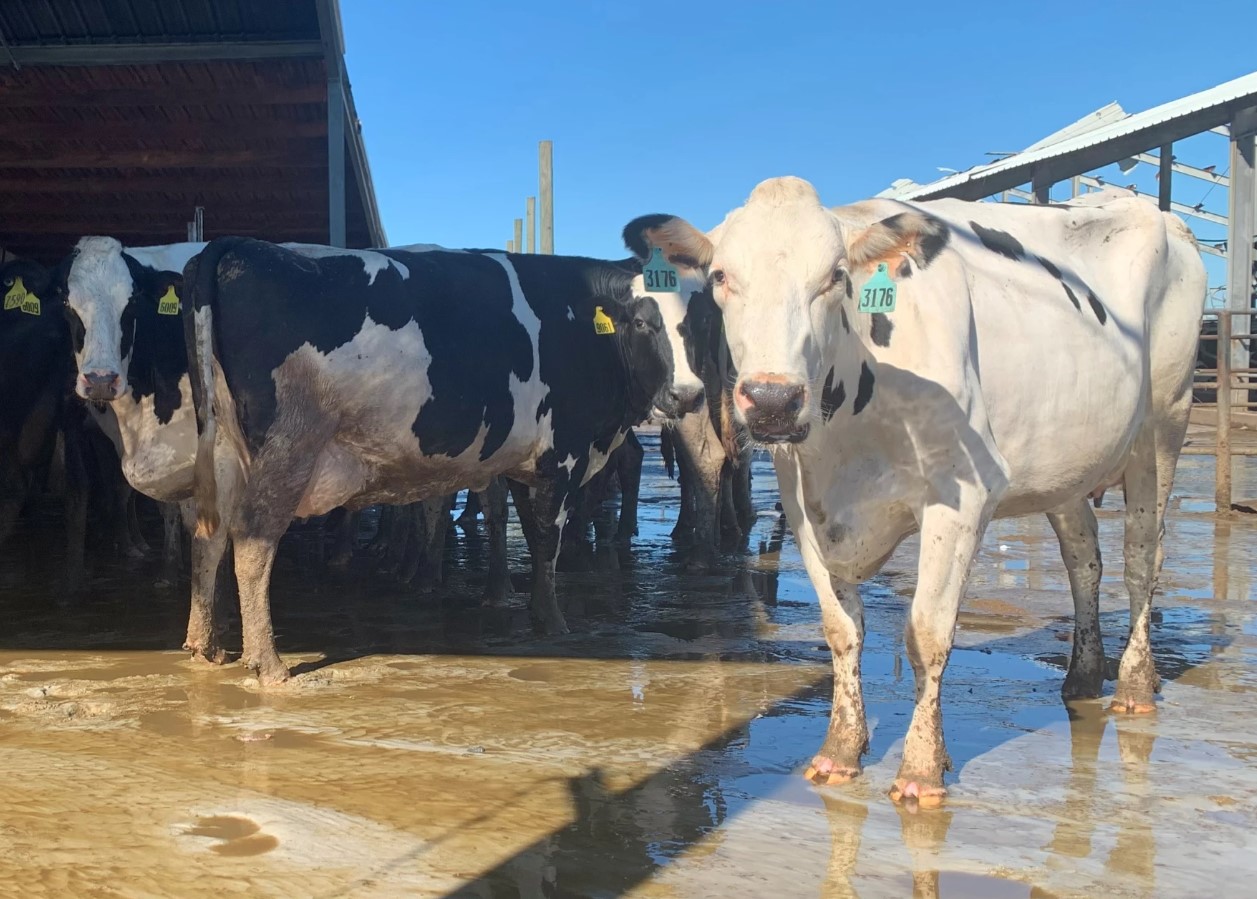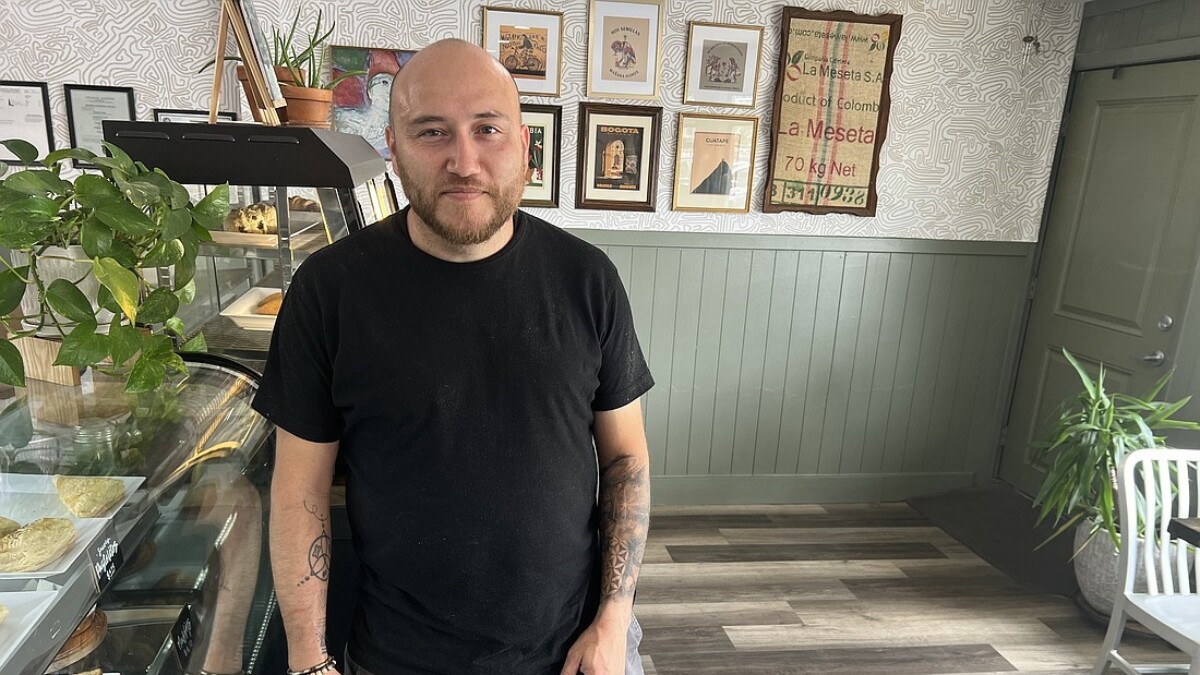A bird flu spreading across the United States has spread to dairy cattle, and experts worry it’s a sign the virus is mutating and could spread from human to human, creating another pandemic.
Benjamin Anderson, an assistant professor in the Department of Environmental and Global Health at the University of Florida, is concerned those drinking unpasteurized milk will get exposed to the disease, allowing it to adapt to humans.
“It’s a whole collective story of moving closer and closer to that biggest concern we have of human-to-human transmission,” Anderson said. “And all the signs right now, risks that create that to be more likely, are happening at the moment.”
The U.S. Department of Agriculture found more than 100 herds of cattle from 12 states had been infected as of June 18, according to the U.S. Centers for Disease Control and Prevention.
Jona Bosques, a livestock agent with the UF Institute of Food and Agricultural Sciences, said the risk in Florida of dairy cows contracting the disease, and ultimately spreading it to humans, is low.
So far, no cases have been reported of cattle contracting the virus. The Florida Department of Agriculture and Consumer Services tested 65 cows last week — all were negative.
“The spread happened from one farm to another (in other states) because they lack bio-security protocols,” Bosques said. “The dairies that are here, they have more demand for bio-security and animal welfare.”
He also urges against drinking unpasteurized milk unless boiling it before consumption. He said people should avoid visiting dairy farms when traveling out of the state.
Bosques said people should keep buying Florida-raised dairy.
“We have standards that are pretty strict,” Bosques said. “Producers really work hard to take care of their animals, keep them safe and keep them healthy. So we can have a good strong sustainable industry.”
Experts say pet owners should not feed them unpasteurized milk and watch for unusual behavior, especially if they are around wild birds and other livestock.
“If you have a pet and you notice that your pet has something unusual clinically that’s going on, you should have that animal checked out by a veterinarian,” Anderson said.
Three farmworkers in the U.S. contracted the virus from dairy cows and had minor symptoms ranging from eye irritation to respiratory problems, according to the CDC.
Federal and state governments should do what they can to help protect farmworkers and invest in surveilling the virus, Anderson said.
“We need a greater amount of resource allocation,” he said, “to protect the farmers economically against the impact to their business.”







